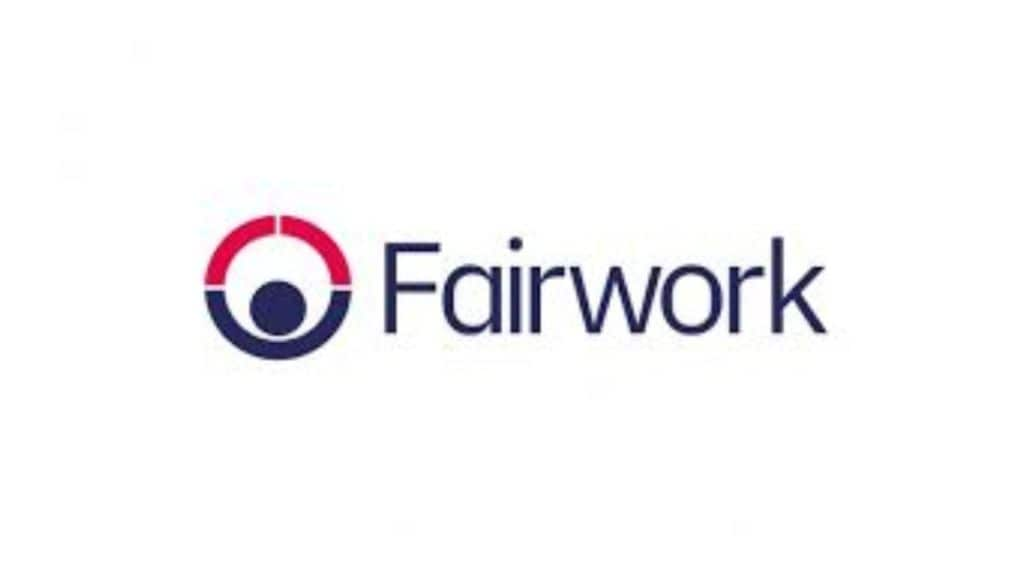Amazon Flex, Dunzo, Ola, Uber and PharmEasy scored zero points in a recent Fairwork India Ratings 2022 report which ranked companies based on the working conditions of gig workers as per the minimum standards of fair work. On the other hand, Urban Company and bigbasket scored the highest among 12 that were analysed, by scoring seven and six on 10, respectively.
Earlier, Dunzo had threatened to ban its delivery partners, largely gig workers, if they participated in strikes, demanding a better pay and better working conditions, as reported earlier. Similarly, driver partners at Ola and Uber have met several issues with aggregators and have demanded shorter wait times, more pay compensations and better commissions, among others.
Gig workers are those who take up multiple jobs at different, and sometimes competing, companies like delivering food for Zomato and Swiggy customer both, and not being tied down by the polices of any single organisation and aren’t entitled to benefits that a salaried employee would generally get, like insurances. The arrangement works out cheaper for companies as they pay these workers a commission only for the ‘gig’ completed. A number of people – low, medium and highly-skilled – moved over to the gig workforce arrangement to better their income.
In 2020-21, eight million workers were engaged in the gig economy and constituted about 1.5% of the total workforce in India, according to a recent StrideOne report. That base was expected to increase to 23.5 million by 2024, and their total representation – in India’s workforce – was estimated at about 4%.
Further, about 25% of workers saw their monthly income rising by 50% after joining the gig workforce. While 56% of the gig workers previously had full time jobs, the StrideOne study found.
Amazon Flex, Bigbasket, Dunzo, Flipkart, Ola, PharmEasy, Porter, Swiggy, Uber, Urban Company (UC), Zepto, and Zomato were the startups Fairwork analysed. Of the total 10 points to be won, UC scored the most at seven, Tata-owned bigbasket was second with six points, Walmart’s Flipkart scored five points. Swiggy, Zomato, Zepto and Porter followed with five, four, two and one point(s), respectively.
In comparison with 2021, UC, bigbasket, Swiggy, and Zomato improved their ratings, while Amazon Flex, Dunzo, Flipkart, PharmEasy, and Porter saw a drop in theirs. Uber and Ola, maintaining their consistency, scored zero both the years. The drop in ratings were even after some startups – like Porter – made credit options, and other facilities, available to their driver partners this year.
“Even with workers and worker groups repeatedly emphasising the importance of a stable income for platform workers, platforms have been reluctant to publicly commit to, and operationalise, a minimum-wage policy,” the report said.
One of the two steps of evaluation involved analysing five principles: fair pay, fair conditions, fair contracts, fair management and fair representation. The other step saw researchers taking interviews, desk research and others.
None of the 12 startups scored in fair representation, which involves paying heed to, and addressing, concerns raised by gig workers. Further, only Urban Company had regular external audits to check for biases in its work allocation systems, in addition to adopting policies against the discrimination of its platform workers.
Asked how UC was providing a better experience for its gig workforce, “Urban Company provides business loans to workers to buy machinery, and the top rated professional even have a personal loan option of around Rs 10,000-Rs 15,000,” Arushi Arora, vice president, Urban Company told FE.
“Typically, before joining UC, a worker would earn about `10,000 but after joining us, they earn anywhere between `25,000-`30,000,” she added.


